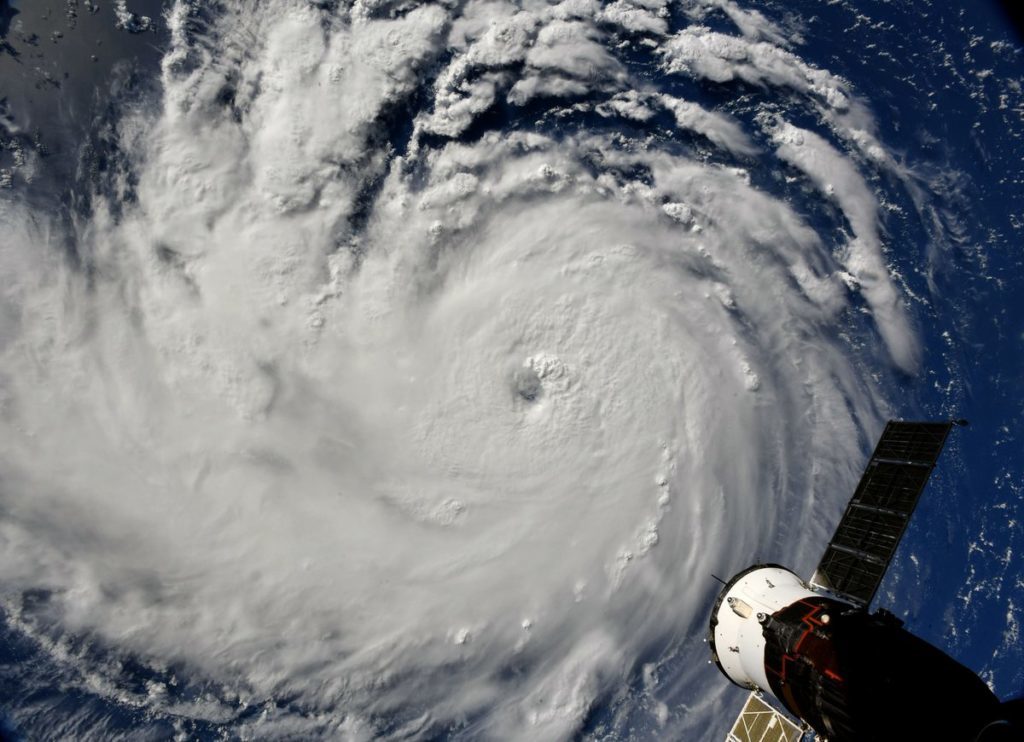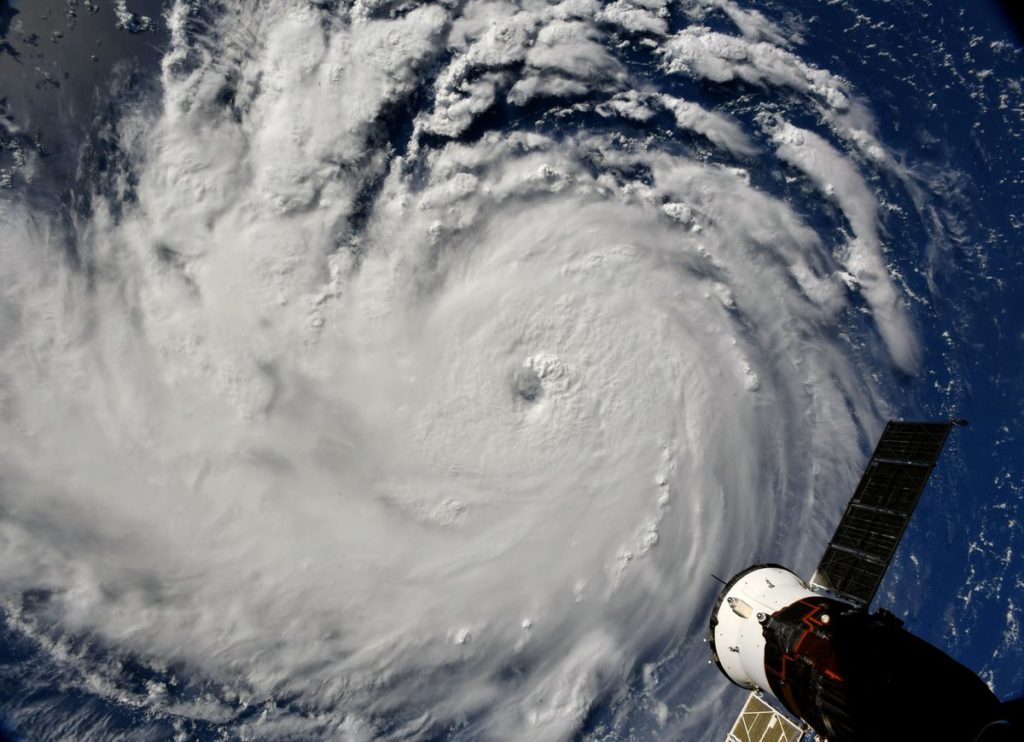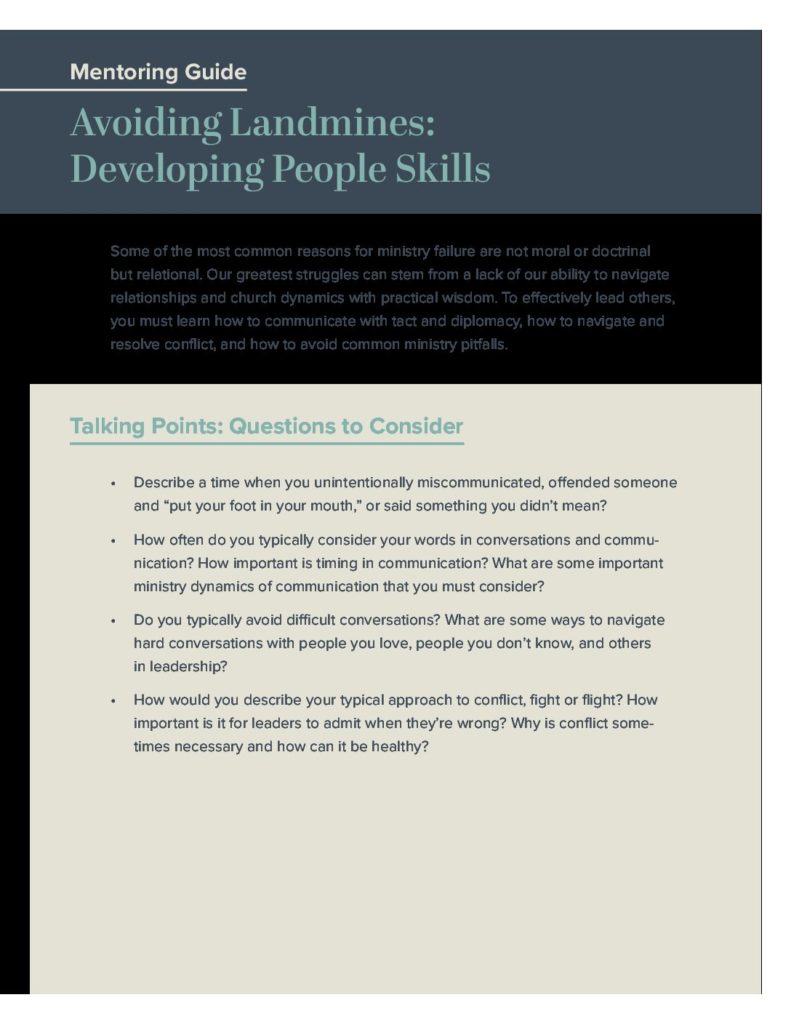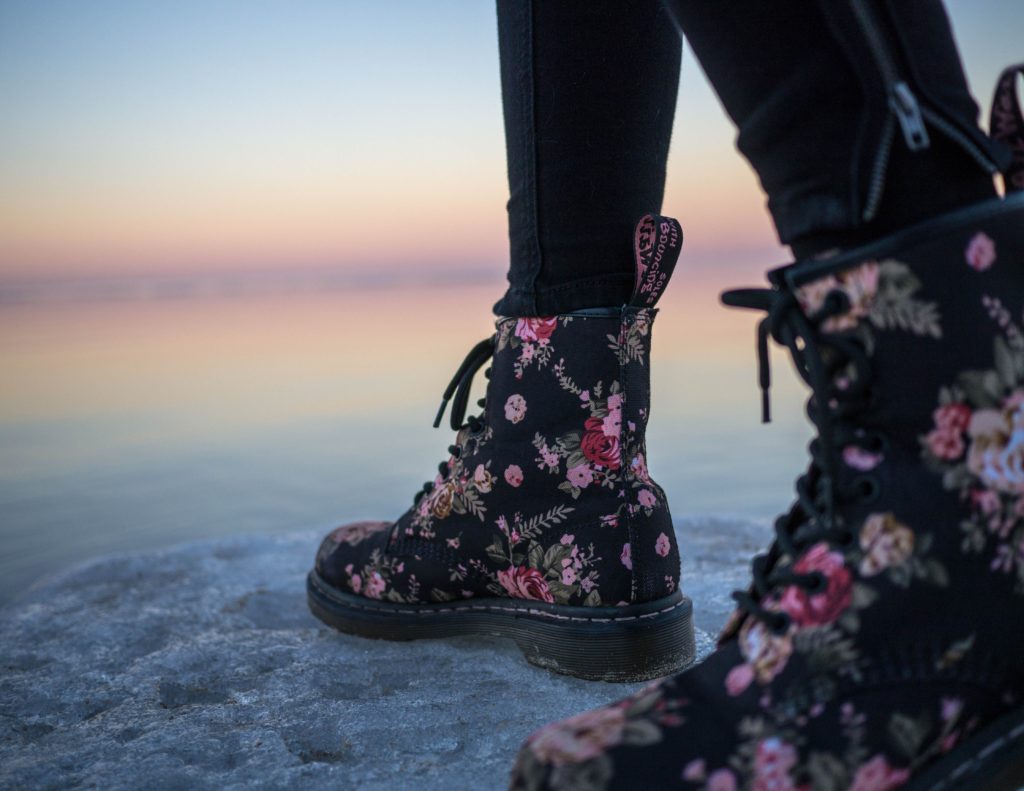By Brandon Elrod
CARY, N.C. — Hurricane Florence, a Category 4 storm currently in the Atlantic Ocean, is expected to make landfall on the Carolina coast late Thursday night or early Friday according to the National Hurricane Center. The National Oceanic and Atmospheric Administration expects the storm to arrive as a “dangerous major hurricane.”
A meteorologist with the National Weather Service in Columbia, S.C., Dan Miller, told The State, “Somebody is going to suffer devastating damage if this storm continues as it is currently forecast.”
Current projections have the storm making direct landfall on the coast of North Carolina, and North Carolina Baptists on Mission (NCBM), the ministry in Cary, N.C., that handles disaster relief for the Baptist State Convention of North Carolina, is preparing for the worst.
“All of our volunteers are on alert, and all of our equipment is being checked to make sure that everything is operational and road-worthy,” said Richard Brunson, executive director of NCBM.
They are looking at different sites and locations across the state to serve as operations and feeding hubs since the path of the storm is still undetermined.

“We haven’t had a Category 4 hit North Carolina since Hurricane Hazel, 50 years ago,” Brunson said. “It just depends where it comes in, but it’s a very powerful hurricane that could be devastating, catastrophic. Those are the words they’re using to describe Hurricane Florence.”
But Brunson says Southern Baptists will be ready to respond as soon as they are able to feed, provide shower and laundry units as well as repair storm damage.
“God has given us some quality resources with our volunteers and our equipment. We want to glorify God with all that we have,” Brunson said. “We also have great partners in other states and if the storm comes in as big as they say it will, those partners through the nationwide Southern Baptist network will come to help. That’s a real assurance.”
Southern Baptist Disaster Relief (SBDR) leaders across the United States have been encouraged to build response teams. SDBR unit directors, termed Blue Hats for the signature cap they wear, have been instructed to plan for several weeks of deployment.
In addition, NAMB’s Send Relief ministry is making supplies available to the impacted states. This includes water, food packs, generators and additional equipment to support the Southern Baptist response. These materials will be used by SBDR to meet needs as and where they arise.
Southern Baptists provide one of the three largest volunteer response organizations in the United States. SBDR leadership will participate in Washington, D.C. as part of the nationwide team of volunteer organizations that coordinate with the Federal Emergency Management Agency (FEMA). Together, they will determine the logistics behind the response.
After feeding, sheltering and counseling storm survivors in the immediate aftermath, concern for the coastal region will turn to repair. SBDR chainsaw teams will step in to clean up fallen trees and remove storm debris.
SBDR will also send out trained volunteer teams that will remove mud and flood debris from homes, repair water damage and apply mold remediation solutions to kill and prevent harmful buildup caused by any standing water.

Top down look at Florence from the International Space Station. Credit: NASA
Typically, flooding causes the most widespread, long-term damage as storm surges and massive amounts of rain overwhelm areas with water.
“Sometimes, people think once the hurricane passes through everything will be okay,” Brunson said, “but sometimes the worst damage takes place three or four days after the storm rolls through because of flooding.”
“A hurricane can literally stop up rivers,” said Sam Porter, national director for disaster relief with NAMB. “Imagine a concrete block being placed over the mouth of a river. They then back up and, in this case, may cause problems as far back as the Appalachian Mountains.”
Over the last couple of months, flooding has seriously affected states within the Ohio River Valley. When Porter spoke with Baptist Press, he was meeting with SBDR leaders in those states to help with their response to the intense flooding. He expects that the rains from Hurricane Florence will only aggravate the problems facing those in the region.
“This will be a marathon, not a sprint for disaster relief volunteers,” Porter said. “The damage, especially with flooding, could be substantial. I want to encourage people across the Southern Baptist Convention to be willing to plan their response and be involved over the long haul.”
As North Carolina makes its preparations for Hurricane Florence, Brunson and NAMB president Kevin Ezell asked for prayer.
“Our prayer is that we can glorify God no matter what happens,” Brunson said. “That would be what I ask others to pray for us too, through this disaster that this will be an opportunity to tell the Good News.”
“We are grateful for our state partners and volunteers who will be on the front lines of this response,” Ezell. “I would like to ask Southern Baptists to be praying for those who are in the path of the storm and for all of our volunteers who will be responding immediately after.”
For insight on how to prepare for the storm, visit ready.gov. To give to or potentially volunteer with a disaster relief team, visit namb.net/southern-baptist-disaster-relief. To donate or volunteer directly through North Carolina Baptists on Mission, visit here.
Southern Baptist Disaster Relief is among the three largest providers of disaster relief assistance in the United States. Southern Baptist churches, associations and state conventions all partner to mobilize volunteers, resources and equipment to provide services. The North American Mission Board provides national coordination and assistance in larger, multi-state responses.
Brandon Elrod writes for the North American Mission Board.
Published September 10, 2018


